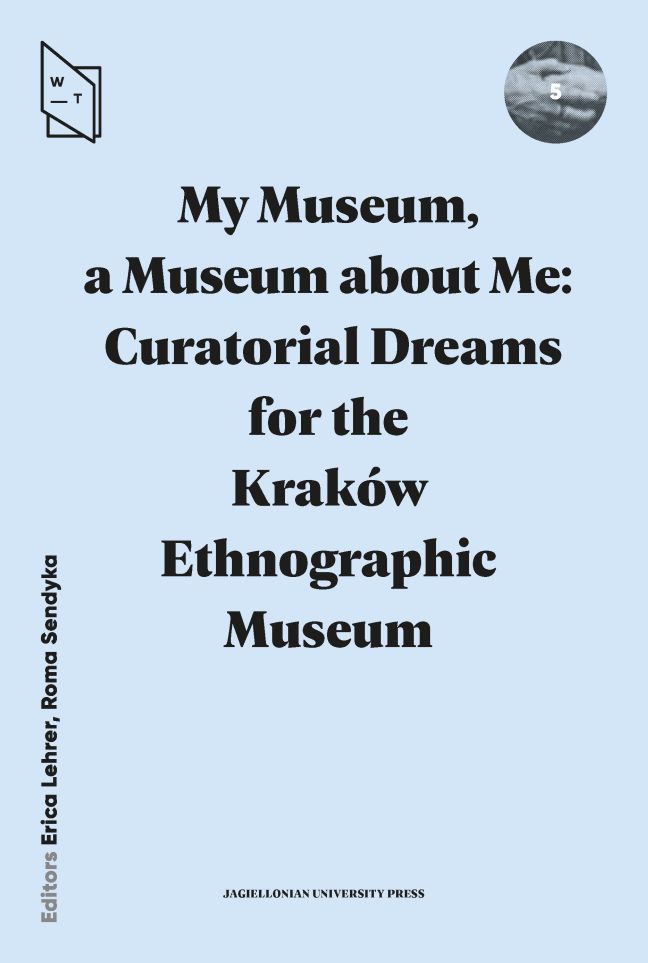Slavic-Jewish Contact and its Representation in Museum Space
Published online by Cambridge University Press: 01 March 2024
Summary
From the very beginnings of Polish ethnography, one of the fundamental challenges for collectors of folk antiquities was the question of how to deal with Jewish cultural production. At the turn of the 19th and 20th centuries, Jews constituted the largest and most distinct ethno-religious minority on the terrain dominated by the Polish people. With their distinct identity, language, and religion, Jews had, since feudal times, filled very particular roles in the local social hierarchy. These included craftsmen, tradesmen, and leaseholders, as well as healers (especially feldshers1), money-lenders, and all kinds of middlemen (including those on the black market). Thus they lived in close relations with both local villagers and the noble's manor. These relations were reflected, in turn, in ethnographic materials.
Even though Oskar Kolberg, in his monumental work on collecting, almost entirely omitted the subject of Jews, discussions in the pages of the two most important Polish journals on folk culture, Wisła and Lud, suggest that Jewish themes were of interest to their associated intellectual circles. This interest was, however, long unfulfilled. Despite the efforts of prominent figures among the Polish cultural elite such as Jan Karłowicz and Aleksander Świętochowski, Jewish themes were marginalized, and the few attempts by members of the majority culture to address the topic demonstrated their ignorance. It is pioneers from the Jewish community itself to whom we owe the first ethnographic materials obtained directly from Jewish informants. Among them we can count not only Samuel Adalberg (1868–1939), Regina Lilientalowa (1977–1924), and Henryk Lew, whose collections were published in Polish, but also prominent figures such as S. An-ski (Shloyme Zaynvl Rapoport), the leader of an ethnographic expedition to Volhynia (1912–1914) and author of the world-renowned drama The Dybbuk, or Between Two Worlds, as well as Yehuda Leib Cahan (1881–1937), a researcher and lawyer living permanently in New York, and Moisei Beregovsky (1892–1961), the great Soviet ethno-musicologist, as well as many others who published after the Second World War.
Unfortunately, the bulk of these achievements remained unknown for decades. Polish ethnography published since the 1940s rarely mentioned the collections of YIVO (the Institute for Jewish Research, in Vilnius), comprised of periodicals and books in Yiddish or Hebrew. The foreign alphabet was the first barrier for Polish scholars, rendering many excellent collections and studies inaccessible.
- Type
- Chapter
- Information
- My Museum, a Museum about MeCuratorial Dreams for the Kraków Ethnographic Museum, pp. 31 - 34Publisher: Jagiellonian University PressPrint publication year: 2023



